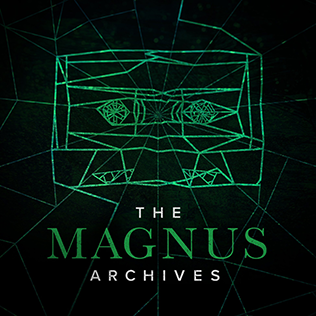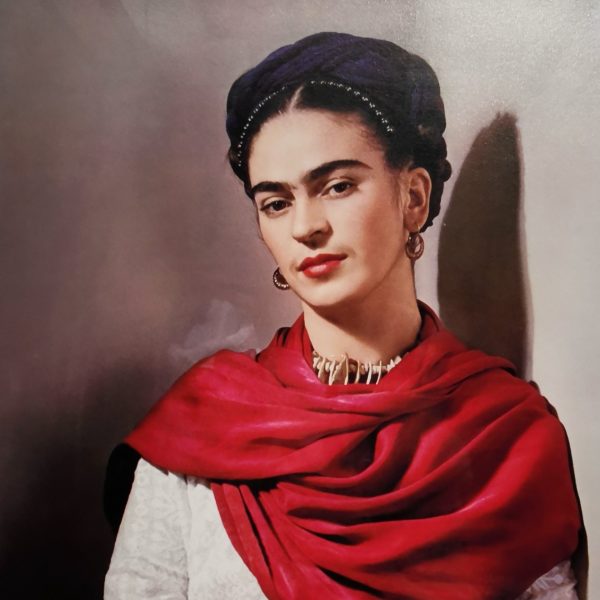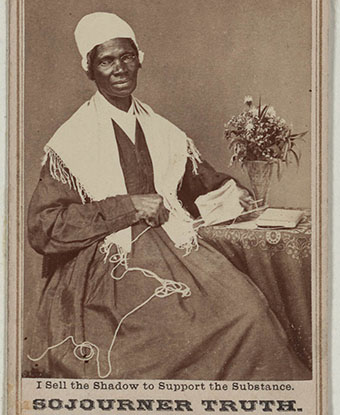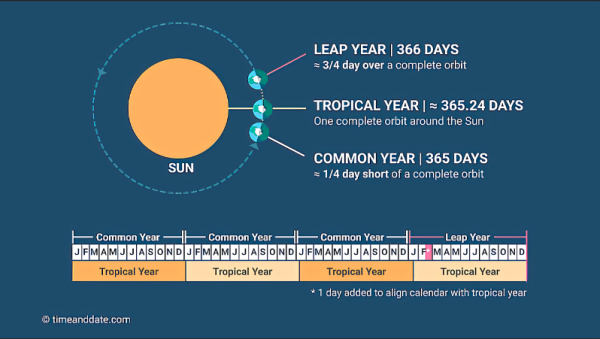Epistolary Media: a Story Within a Story


Anyone who has gone to school in the last couple of years knows the story of Frankenstein, a tale of artificial life and the modern scientific method. But we aren’t here to talk about the effects and impact of Frankenstein, instead, we’re talking about the medium that Frankenstein told its story, Epistolary media.
But what exactly is Epistolary? Originally, Epistolary novels were stories told within letters. Books like Dracula or Frankenstein were constricted in their writing by the novel being told through diary entries, letters, and news articles. This gave the stories a unique tone, with an unreliable narrator as the only pieces of information that were shown were told by another person, letting the most dreaded horror run rampant, word of mouth.
Epistolary novels have adapted and changed throughout the years; one notable story is World War Z, an oral history told through witness reports about the end of the world. Every interview is told in the past tense, in this almost deadpan way that contrasts the story’s horrors with the strange, passive voice of a legal document. World War Z is fantastic and I highly recommend reading it if you enjoy zombie fiction.

With the turn of the century and the invention of modern technologies, epistolary novels evolved from just books into something more. Podcasts, scavenger hunts, movies, and TV shows. All of these forms of media developed their own versions of epistolary stories. Books, of course, still maintain the niche using journal entries and newspaper articles, but with podcasts, they can use the standard formats and expand to audio logs, radio broadcasts, and even audio clippings from the event being portrayed. One of my personal favorite podcasts that follows this style is called the Magnus Archives, a horror podcast where the Magnus Institute records statements of the paranormal, and slowly the recordings, reveal a larger plot that the characters have to solve – that’s the most that I can give without spoiling the story but it is a fantastic long-term podcast series. Just a fair warning, Magnus Archives is NOT for a younger audience, the authors very much push the limits that the written word (or I guess the spoken word in this case) can show with the power of imagination.
All in all, Episoltary media is one of the most interesting forms of storytelling and can lead to a lot of interesting writing restrictions that can blossom into a great tale to tell. There are numerous stories that use the medium and there will be many more. Maybe even a few by students of ACP? Go Knights!













